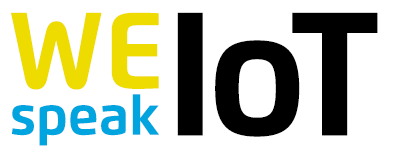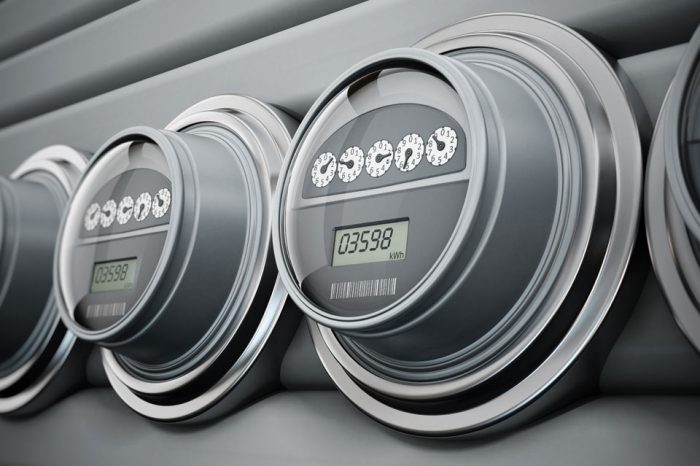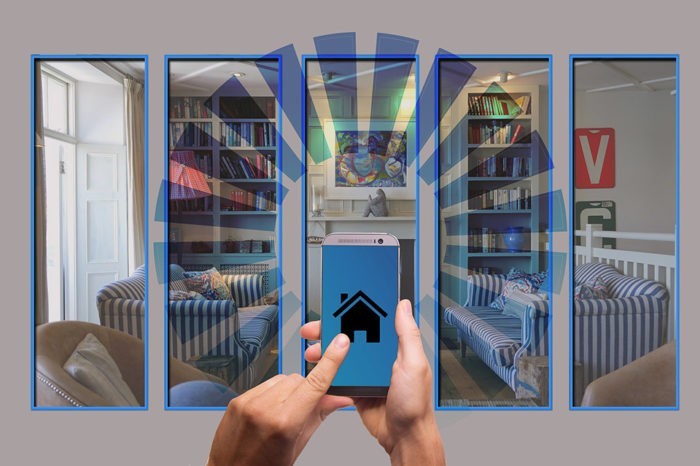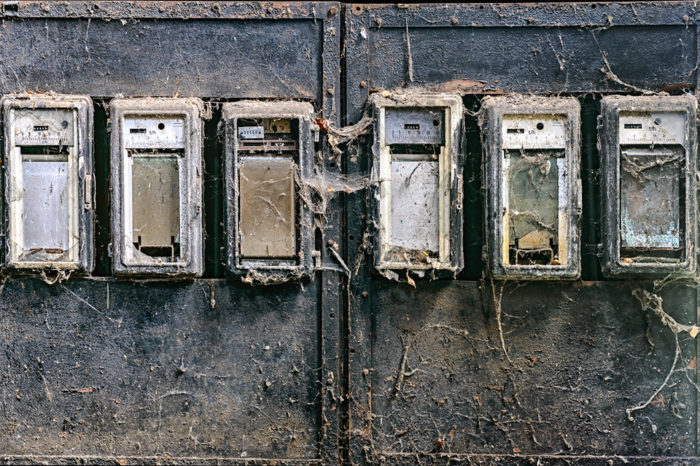Smart Metering: Taking criticism seriously and ensuring success
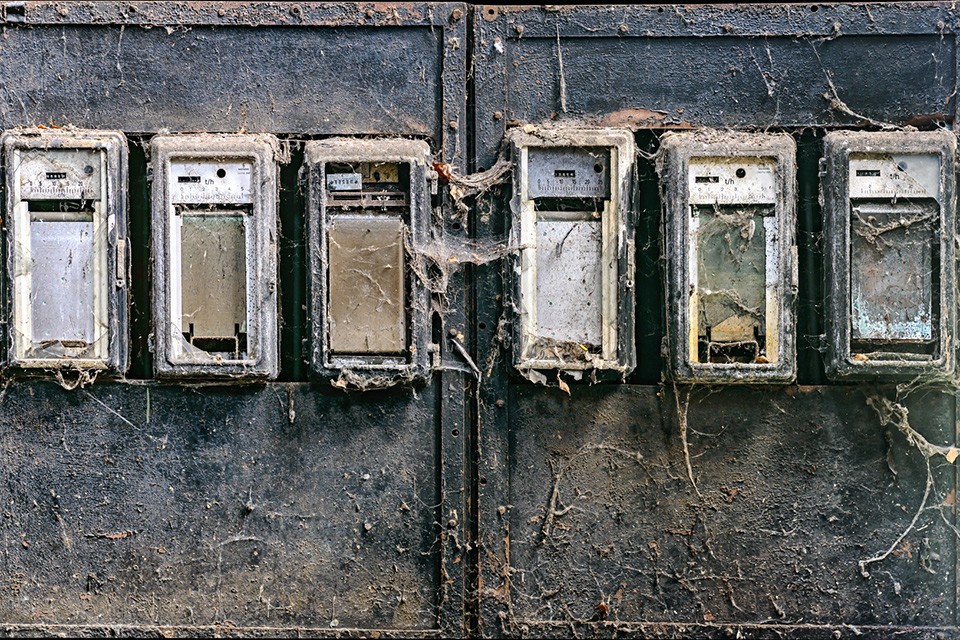
When it comes to data protection and privacy, the Germans are somewhat special. Arguably nowhere else in the world do people love to debate so passionately about technological innovations. Whether it is Google Streetview, digital voice assistants or even smoke detectors on the ceiling: we always look for a fly in the ointment. It therefore comes as no surprise that even Smart Meters are being received with great concern. Objectively they bring more advantages than disadvantages. Therefore, good arguments are important.
Germany is the world champion: In football, in car- and mechanical-engineering, in exports – and unfortunately also in skepticism. It is probably due to historical reasons that we tend to look for the negative in many things -but not always in a very rational way. Unfortunately, the consequence may be that we begin to fall behind sooner or later. Germany is already lagging behind other countries in IT technologies. “The Americans invented the Internet, the Germans regulated it. Everyone does what they do best”, is a saying often heard in this context.
However, we achieve nothing by simply ignoring concerns. It is much better to face them in order to bring objectivity back into the debates. If the Internet of Things (IoT) and Smart Meter systems are to be successful, vendors need to understand the concerns and address them with serious arguments.
The intelligent acquisition of consumption data enables us to gain insight at any time and, above all, helps us to save resources and costs. This is in the best interests of all of us. Energy guzzlers are exposed immediately, which reduces costs. In addition, smart water meters can detect damage to pipes at an early stage, which also saves us costs and further trouble.
Getting the consumer on board at an early stage
“The Americans invented the Internet, the Germans regulate it.
Everyone does what they do best”
Property managers are well advised to inform themselves as precisely as possible about the use of intelligent building services in the individual properties. A proactive information strategy creates trust. In addition, tenants will not be forced to find out about the various topics on the internet, where they may encounter even more critical viewpoints. It is therefore a matter of getting the consumer on board and eliminating the various concerns about smart meters.
Here are four typical concerns about smart meters and how to deal with them:
-
Invasion of privacy
One point of criticism is that intelligent electricity and water meters can collect considerably more data than analogue measuring devices. Not only is pure consumption measured, but also exactly how much water or energy is consumed at which time in each individual household. Certainly, these data allow conclusions to be drawn about the use of a property or the habits of its residents. Property managers and property owners should therefore clarify exactly what data they collect, the purpose for which it is collected and, last but not least, where and for what period of time the data is stored.
-
Harmful radiation
In particular, wireless technologies often used when installing smart meters have revived the discussion about potentially harmful radiation from smart devices. In contrast to the active use of a cordless in-house telephone, a smartphone or even a radio, people feel deprived of their right to co-determination by the compulsory installation of radio meters. For this reason, supplying companies should already take into consideration devices that can be read out with as little radiation as possible before purchase. For real estate owners: proactive communication and information is the best defense.
-
Cost increase
Smart metering systems offer energy suppliers enormous potential in terms of cost savings. Remote access to individual devices reduces the need for personnel. At the same time, any damage to the supply network can be detected faster, thus preventing energy or water loss. In turn, intelligent devices are designed to encourage the user to save electricity and water by visualizing consumption. Whether the gain in information will really benefit the consumer depends essentially on how well the implementation of the visualization will be. Consumers must also know how to use the data to save energy. Here too, information provided by property owners can be helpful.
-
Cyber attacks
As soon as the smart meters are connected to the internet, they are at least in theory exposed to potential attacks by unauthorized persons. On the occasion of the E-World 2017 trade fair, the President of the German Federal Office for Information Security (BSI) made the correct remark that digitalization will not be successful without security. The BSI therefore has developed requirements for trustworthy product components, their secure IT operation and the trustworthy communication structure. Homeowners should let their tenants know that they comply with the technical and organisational requirements of the BSI to guarantee data protection and data security. Despite extensive security measures, however, there will be no 100% protection. Suppliers and property managers should therefore always be prepared for emergencies, as they want to inform consumers and residents about the current state of developments in the event of damage.
Whitepaper: Current Smart Meter market in Europe
Now that we have talked about the possible sensitivities of Smart Meters: How can successful business models be generated for the providers, especially in the unregulated market? Download our free whitepaper “How to create viable business around Smart Metering” here.


